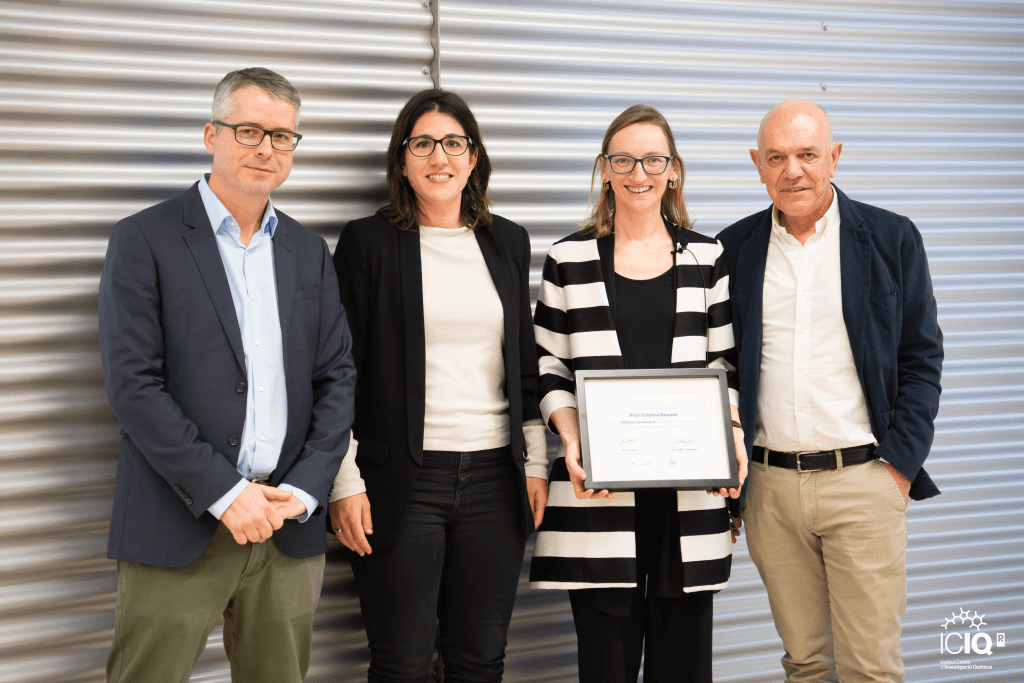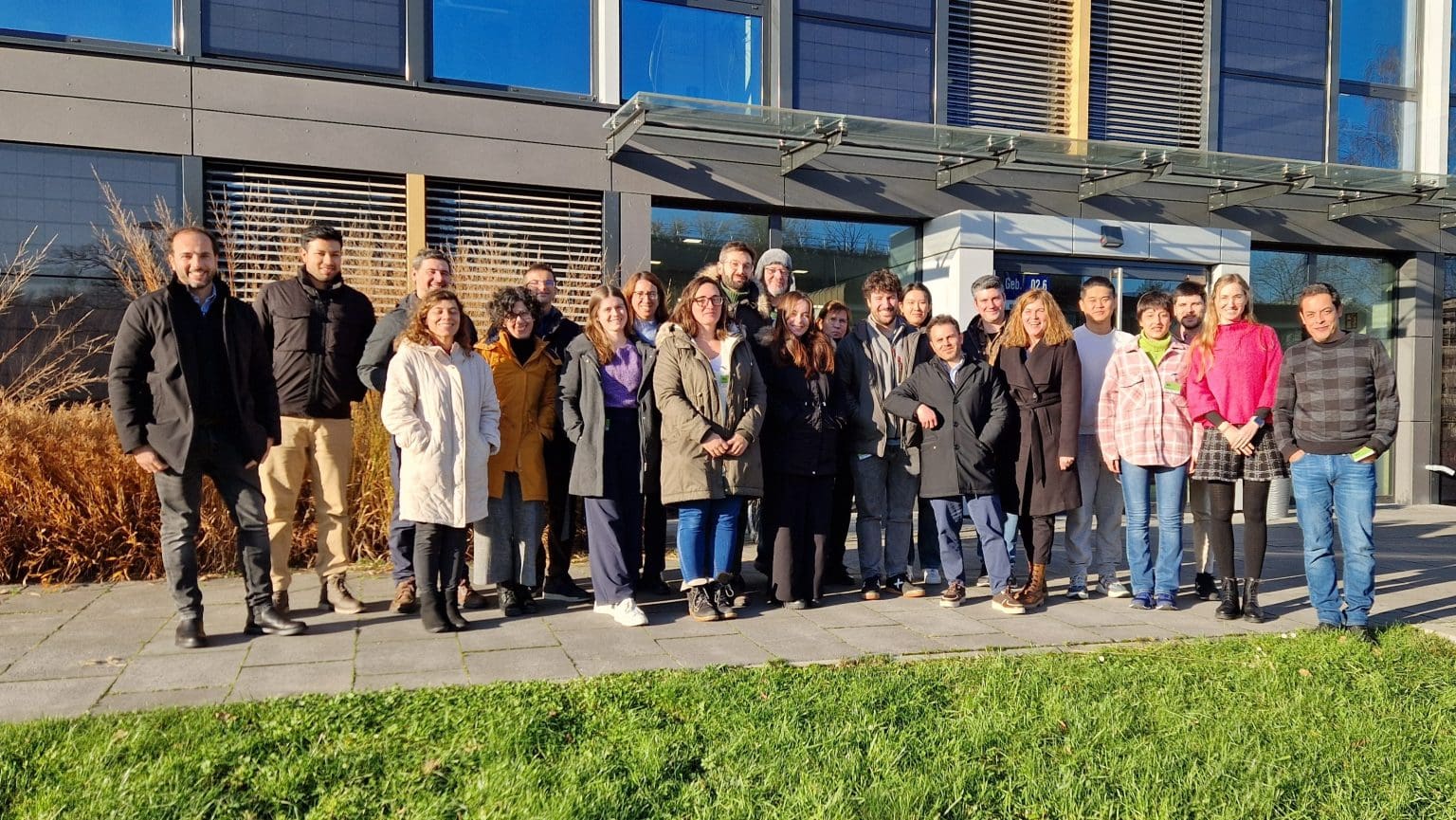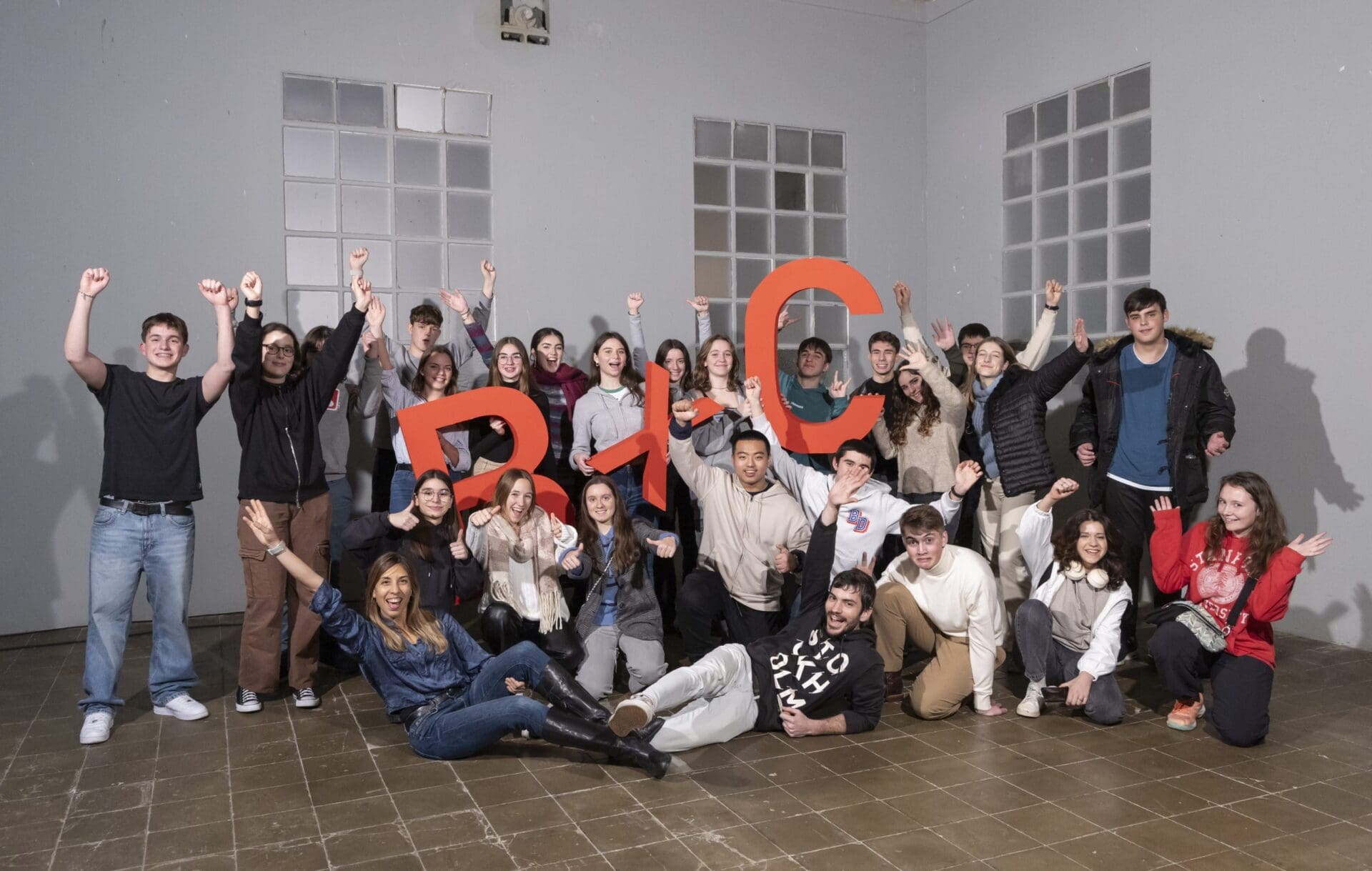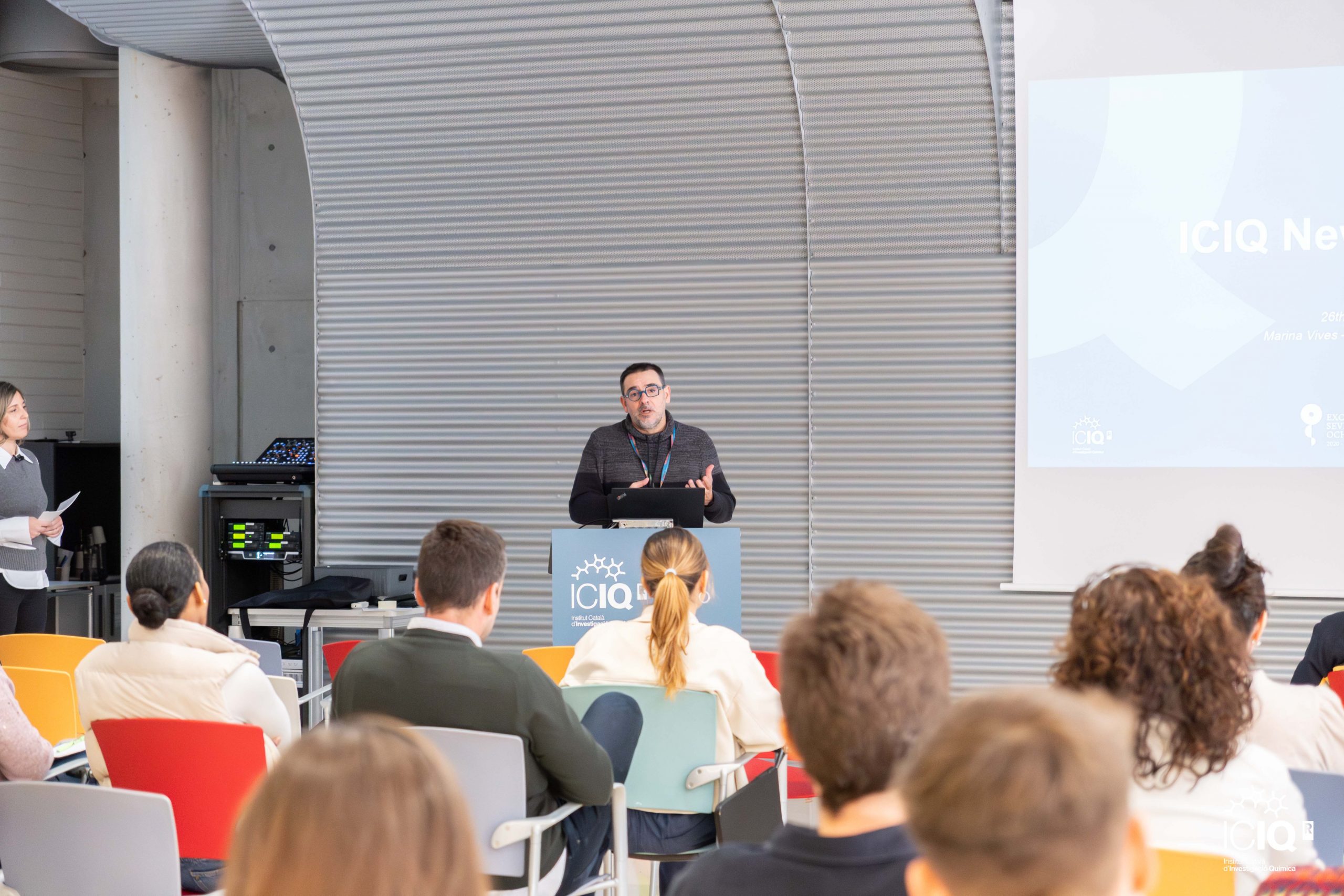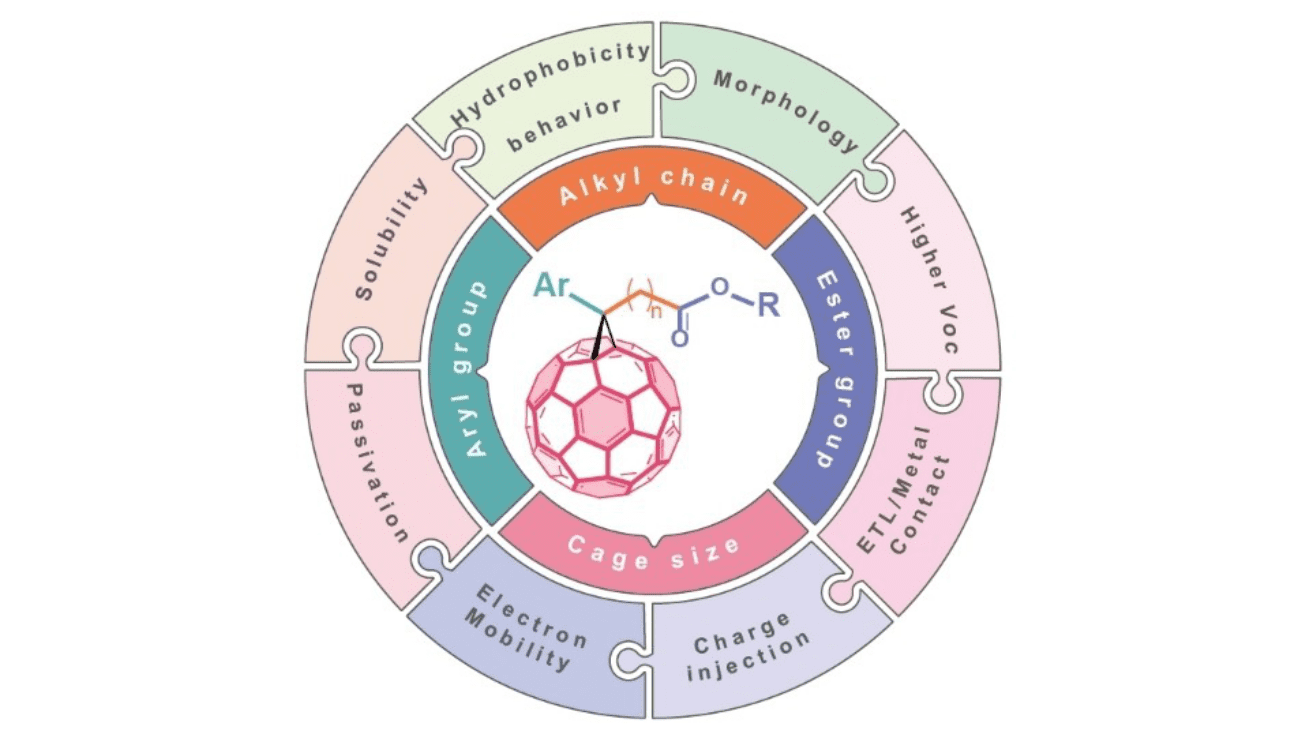EuChemS recognizes Hospital of Piligrims with Historical Landmark Award
On Saturday, September 14th, representatives from EuChemS, alongside members of the Catalan Society of Chemistry (SCQ), the Institute of Catalan Studies (IEC), the Altafulla City Council, and ICIQ staff, gathered for the official unveiling of a plaque recognizing the Hospital of Pilgrims in Altafulla as a historical landmark. This site underscores the significant contributions made by Martí i Franquès to the field of chemistry.
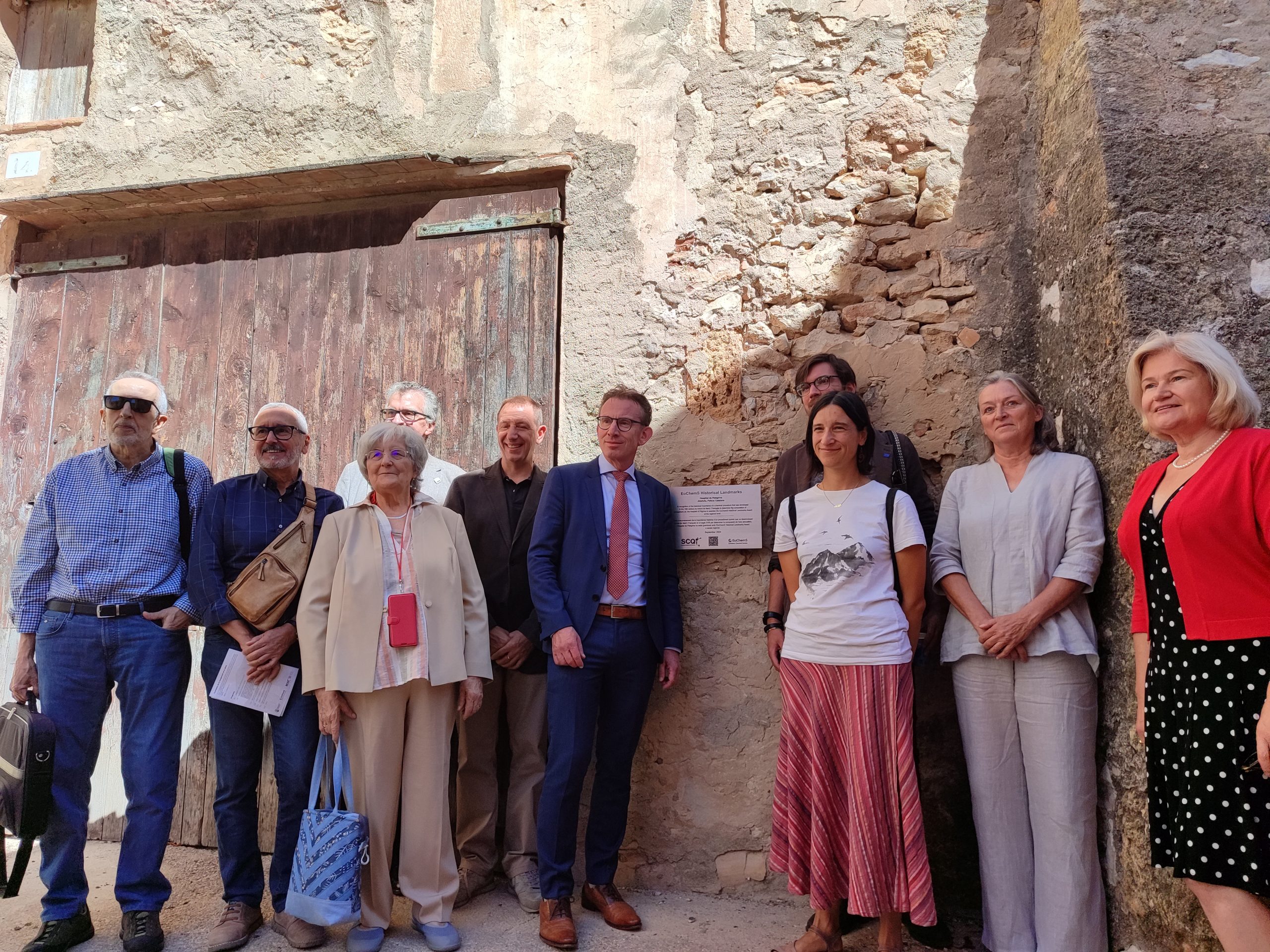
By commemorating his achievements and the location where his pivotal research on determination of the composition of atmospheric air took place, EuChemS highlights the continued relevance of historical scientific milestones to contemporary scientific innovation.
The EuChemS Historical Landmarks programme aims at designating sites in Europe where events in chemistry occurred that have been important to the European or local (regional) chemical community and/or have inspired a sense of European or local (regional) belonging.
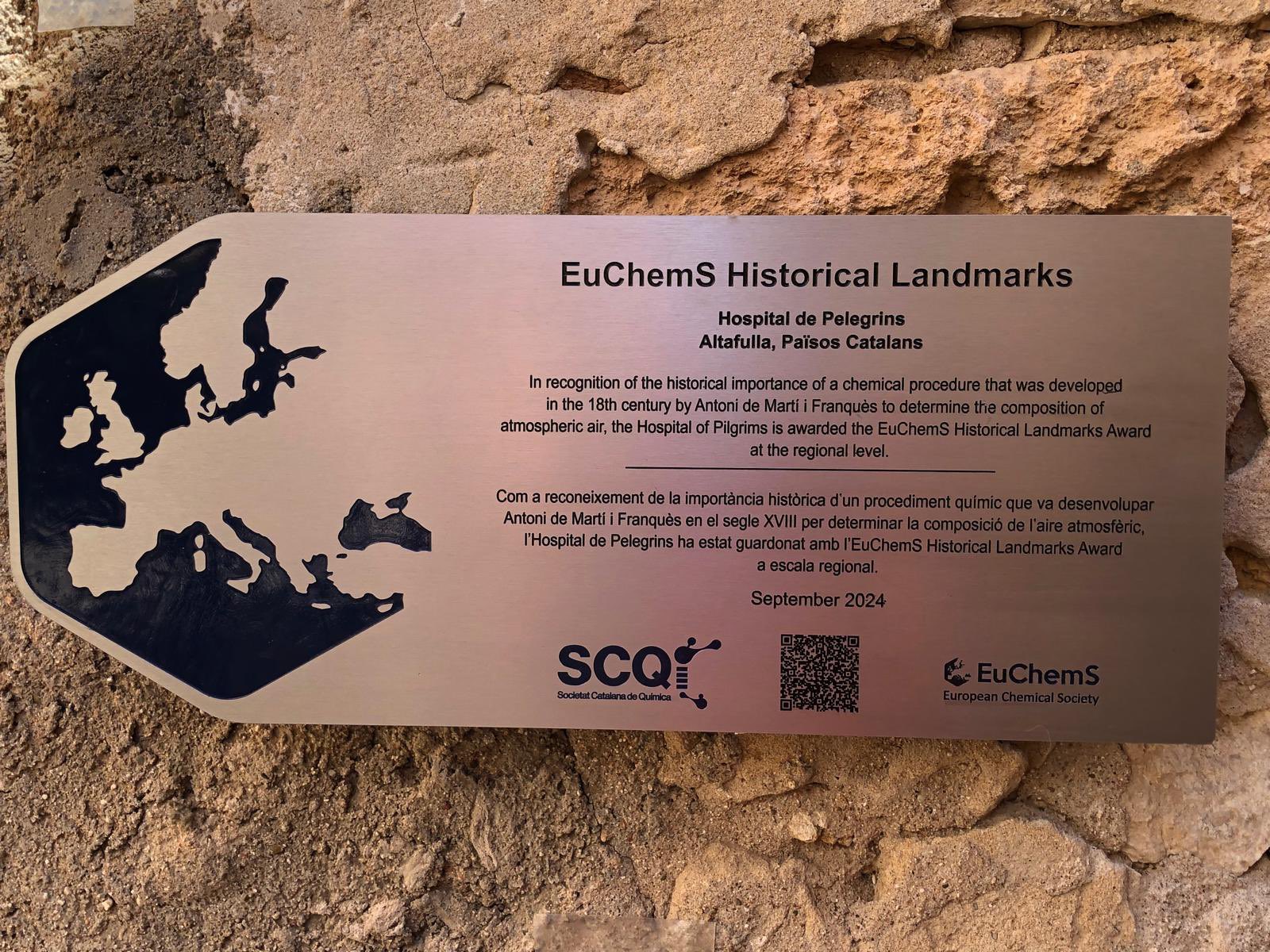
Laura Hernández, Head of Impact, Communication, and Strategy at ICIQ, highlighted the international importance of this recognition. “This award promotes the dissemination of spaces linked to our chemical heritage, which is crucial for preserving and understanding the history of our field”, she noted.
This isn’t the first recognition for the site. In 2021, the Catalan Society of Chemistry (SCQ) unveiled a plaque recognizing the Hospital of Pilgrims as a significant location in the history of chemistry in Catalan-speaking territories. This recognition was part of a candidacy put forward by the Institut Català d’Investigació Química (ICIQ), with the valuable collaboration of Prof. Carles Bo, who played a key role in highlighting the historical importance of this site within the context of scientific progress in the region.
Following the ceremony, attendees enjoyed a dramatization of texts on the life and work of Antoni Martí i Franquès.
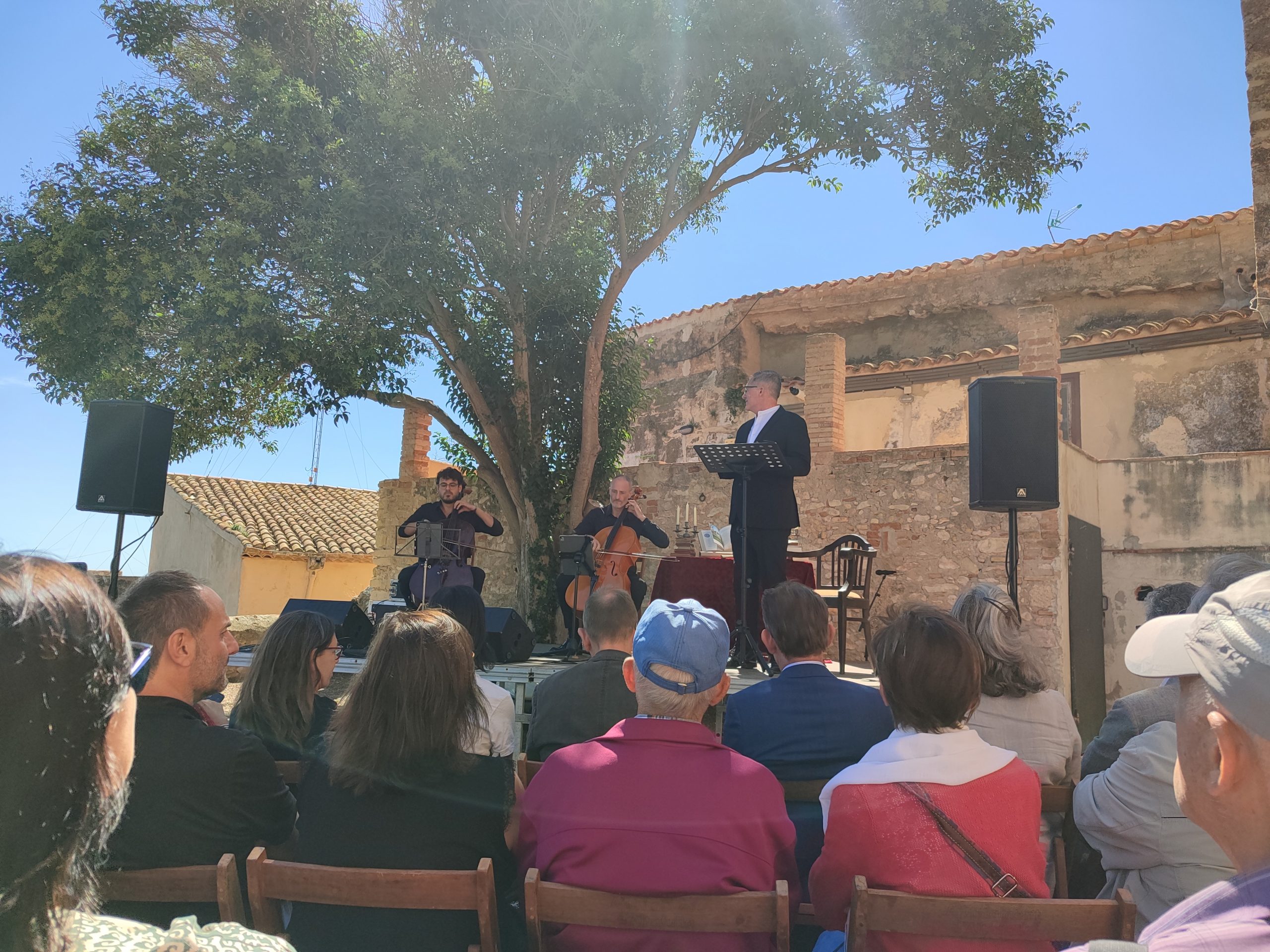
About Antoni Martí i Franquès
Antoni de Martí i Franquès (1750 – 1832), a native of Altafulla, is a key figure in the history of chemistry. A contemporary of Lavoisier, Martí i Franquès developed a method to measure the chemical composition of air, establishing himself as one of the most significant contributors to the Chemical Revolution of the 18th and 19th centuries. Although relatively unknown today, his studies and observations remain valid and influential.
About EuChemS
The European Chemical Society (EuChemS) is a supranational association representing over 130,000 chemists from 50 societies and other chemistry-related organizations in 34 European countries. EuChemS aims to promote scientific discussion, the role and image of chemistry and related sciences among policymakers and the public, and advocate for the field on critical policy issues. Through its Historical Landmarks Award Programme, EuChemS recognizes sites of historical importance that have contributed to the advancement of chemistry.
About Catalan Society of Chemistry
The Catalan Society of Chemistry (Societat Catalana de Química, SCQ) has been a member of the EuchemS since 2007, when the General Assembly meeting in Frankfurt unanimously approved the incorporation of the SCQ in the EuChemS as a full member. The SCQ participates very actively in many divisions and working groups of the EuChemS.
Related news

Let's create a brighter future
Join our team to work with renowned researchers, tackle groundbreaking
projects and contribute to meaningful scientific advancements






 11-12-2024
11-12-2024 
